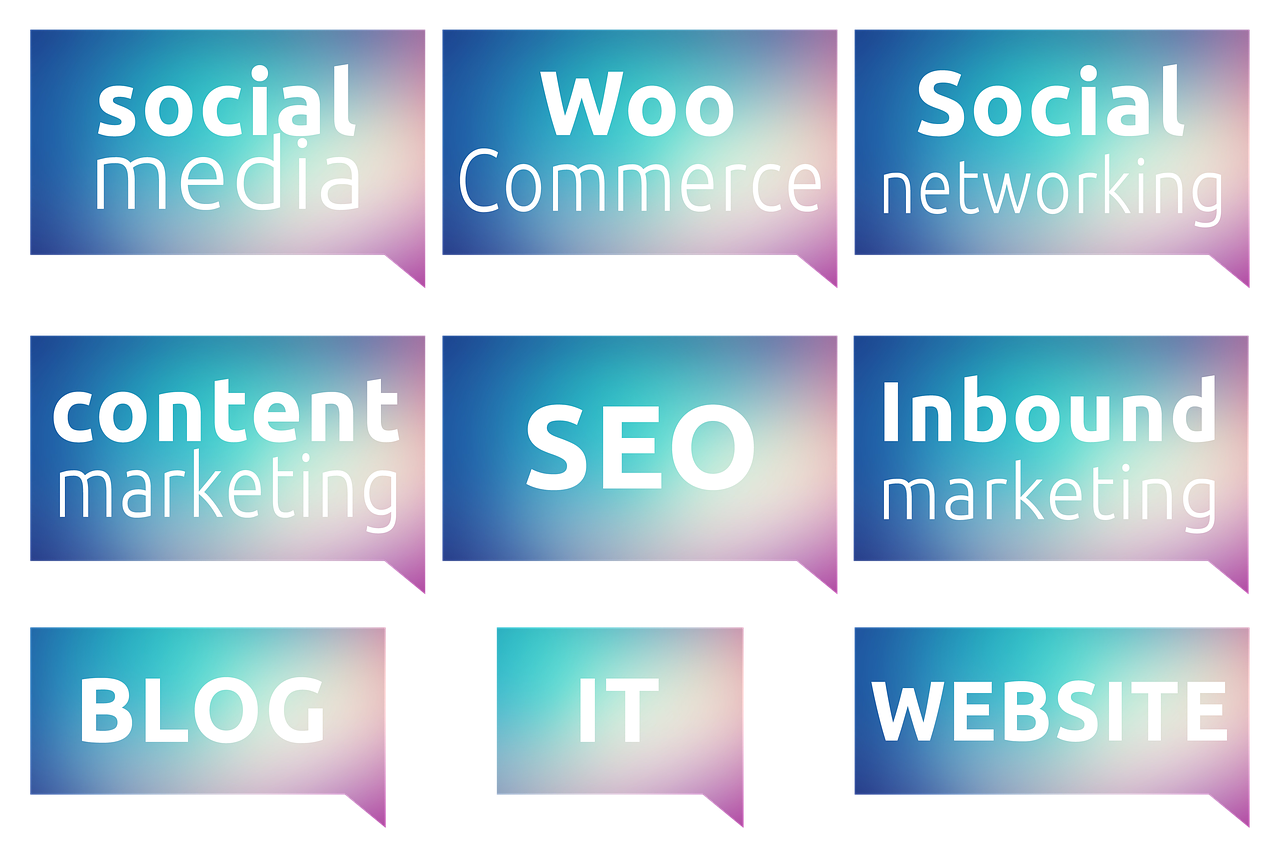Blogging vs Content Marketing: What's the Difference and How to Use Them Together

Introduction
Blogging and content marketing are two terms that are often used interchangeably, but they are not the same thing. While both involve creating and publishing online content, they have different goals and approaches. Understanding the difference between blogging and content marketing is essential for anyone who wants to create a successful online presence. In this blog post, we will explore the key features of blogging and content marketing, as well as how to use them together to create a cohesive content strategy for your business.
Firstly, let's define what we mean by blogging and content marketing. Blogging is the act of publishing online content, usually in the form of written articles or posts, on a blog. It can be personal or professional in nature, depending on the blogger's goals. Content marketing, on the other hand, is a strategic marketing approach focused on creating and distributing valuable, relevant, and consistent content to attract and retain a clearly defined audience and ultimately drive profitable customer action. The goal of content marketing is to establish trust with potential customers by providing them with useful information that helps them solve a problem or achieve a goal.
Nowadays, businesses need to have an online presence in order to reach their target audience effectively. Blogging can be an effective way to build a personal brand or community around your business by sharing your thoughts and insights on topics related to your industry or niche. By creating educational content that provides value to your readers, you can attract more traffic to your website and establish yourself as an authority in your field.
Content marketing takes this one step further by using targeted content to generate leads and drive sales. By identifying the needs and interests of your target audience, you can create content that speaks directly to them and addresses their pain points. This could include blog posts, videos, infographics, social media posts - whatever format works best for reaching your audience.
Ultimately, both blogging and content marketing are about creating valuable content that resonates with your target audience. However, there are some key differences between the two approaches that are worth noting.
Blogging is typically more informal and personal in tone than content marketing. While it can certainly be used for business purposes (such as promoting products or services), it tends to focus more on building relationships with readers than driving sales directly.
Content marketing is more strategic in nature - it involves identifying specific goals (such as generating leads or increasing website traffic) and developing a plan for achieving those goals through targeted content creation.
One important thing to note is that blogging can be a component of a larger content marketing strategy - but it shouldn't be viewed as the only element of such a strategy. Content marketing often incorporates a variety of different types of media beyond just written blog posts - including videos, infographics, social media updates - all designed with specific business objectives in mind.
The History of Blogging and Content Marketing
The history of blogging can be traced back to the early 1990s when online diaries and personal journals were created. However, it wasn't until the late 1990s that the term "weblog" was coined by Jorn Barger. The first blog platform, Blogger, was launched in 1999 by Pyra Labs, which was later acquired by Google. Blogging gained popularity in the early 2000s as more people started using it as a tool to express their thoughts and opinions online.
In contrast, content marketing has been around for centuries. Although it wasn't called content marketing at the time, businesses have used storytelling and educational content to attract customers since ancient times. One example is John Deere's publication of "The Furrow" magazine in 1895, which provided farmers with useful information on agricultural practices. Another example is Michelin's publication of travel guides in 1900, which helped drivers find places to eat and stay while on the road.
With the rise of digital media in the late 1990s and early 2000s, content marketing shifted towards online platforms such as websites and social media. In 2001, Seth Godin published his book "Permission Marketing," which introduced the concept of delivering valuable content to customers instead of interrupting them with traditional advertising methods. This idea laid the foundation for modern content marketing strategies.
Blogging and content marketing have evolved over time as technology has advanced and consumer behavior has changed. Today, businesses use both blogging and content marketing as part of their overall digital strategy to reach their target audience and achieve business goals.
Applications of Blogging and Content Marketing
Blogging and content marketing have a wide range of applications that can benefit businesses of all sizes and industries. By understanding the key features of each, businesses can develop a comprehensive content strategy that effectively engages their target audience and drives results.
One of the most common applications of blogging is to build a personal brand or community. By consistently publishing high-quality content on a blog, individuals can establish themselves as thought leaders in their industry and attract a loyal following. Blogging also provides an opportunity to share personal experiences and insights, which can help readers connect with the author on a deeper level.
Content marketing, on the other hand, is focused on creating educational content to attract and retain customers. This type of content is typically more strategic in nature, with the goal of driving profitable customer action. For example, a B2B software company might create an e-book or white paper that provides valuable insights into industry trends or best practices. By offering this content for free in exchange for contact information, the company can generate leads and nurture them through the sales funnel.
Blogging can also be used as part of a larger content marketing strategy. For example, a business might use its blog to publish articles that drive traffic to its website, where visitors can learn more about its products or services. The blog posts might cover topics related to the business's industry or niche, providing valuable information that attracts potential customers.
In addition to blogging, content marketing often incorporates a variety of other types of content such as videos, infographics, and social media posts. These formats allow businesses to reach their audience in different ways and provide more engaging experiences than text-based content alone.
Future Trends in Blogging and Content Marketing
As we look to the future of blogging and content marketing, there are several emerging trends that businesses and marketers should be aware of. One of the most significant trends is the increasing importance of visual content in both blogging and content marketing. With the rise of social media platforms like Instagram and TikTok, audiences have come to expect visually appealing content that captures their attention. As a result, businesses will need to invest in high-quality images, videos, and graphics to stand out from the competition.
Another trend that is likely to shape the future of blogging and content marketing is greater emphasis on personalization and audience segmentation. With so much content available online, it's becoming increasingly important for businesses to create tailored experiences for their target audiences. This means using data analytics tools to understand what types of content resonate with different segments of your audience, and then creating customized content that speaks directly to their needs and interests.
In addition to personalization, artificial intelligence (AI) and machine learning are also poised to play a larger role in optimizing content for maximum impact. AI-powered tools can help businesses analyze large amounts of data about their audience's behavior, preferences, and engagement levels to identify patterns and insights that can inform future content creation strategies. By leveraging these technologies, businesses can create more effective campaigns that drive engagement and conversions.
Finally, it's clear that social media will continue to be an integral part of any successful content marketing strategy going forward. As platforms like Facebook, Twitter, LinkedIn, Instagram continue to evolve their algorithms in response to changing user behaviors and preferences, businesses will need to stay up-to-date with best practices for engaging with audiences on these platforms. This may involve experimenting with new formats such as live video or Stories or partnering with influencers who have large followings on social media.
In conclusion, while the core principles of blogging and content marketing remain unchanged - creating valuable content that resonates with your target audience - there are many exciting trends on the horizon that promise to transform how we approach these disciplines in the years ahead. By staying abreast of these trends and continuously evolving our strategies accordingly, businesses can position themselves for success in an ever-changing digital landscape.

